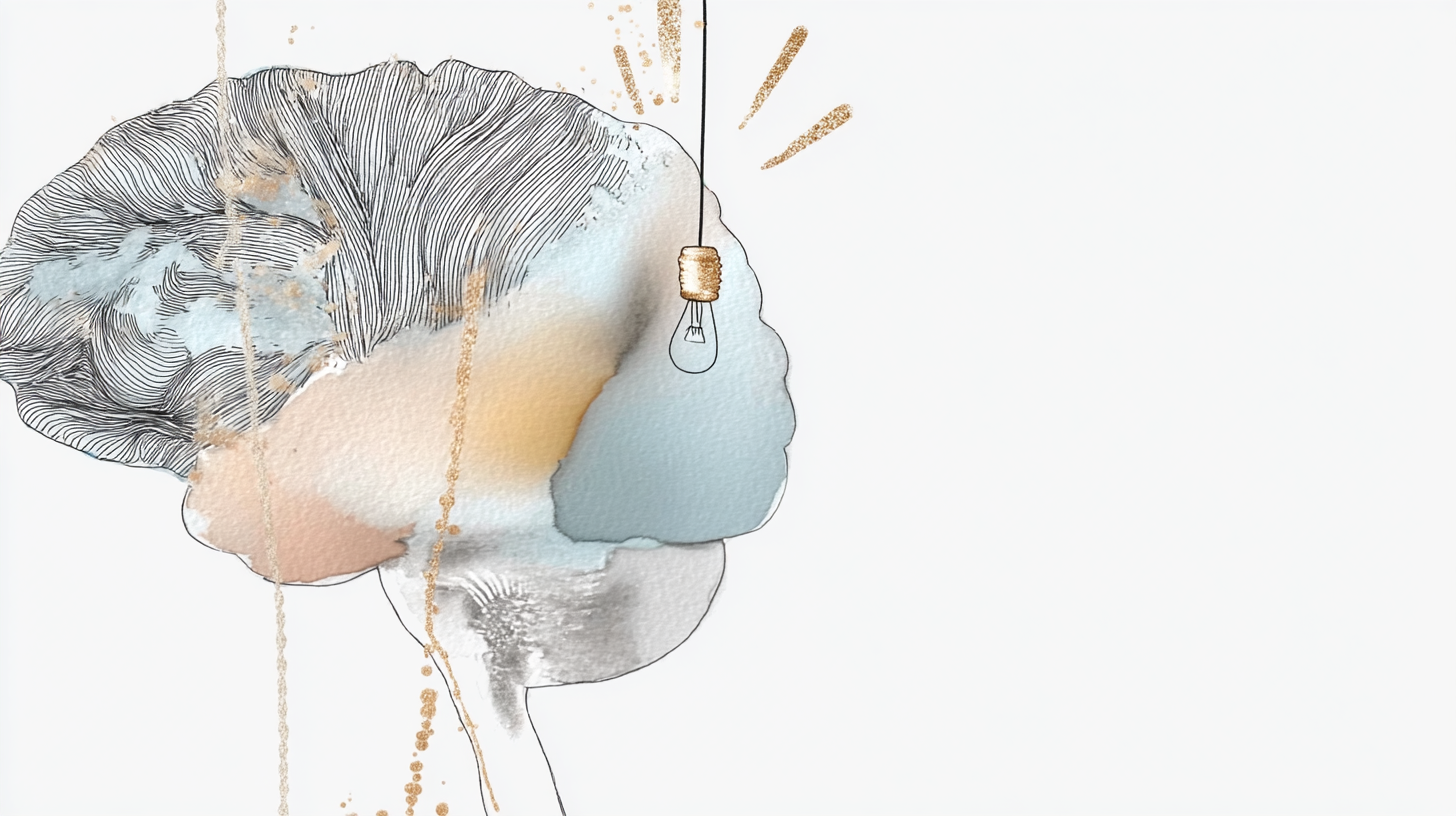You know that joke—”I could’ve taken the kids to Disneyland every year instead of paying for court”? It lands because it’s painfully relatable. But here’s the twist: the real price of high-conflict custody isn’t just financial. It’s emotional. It’s what holding onto anger does to you, to your peace, and most of all—to your kids. So let’s gently explore what it costs to keep that grudge burning, and how choosing peace isn’t weakness—it’s power.
Anger Feels Justified (Because It Is)
Let’s start with this: your anger is valid. You didn’t end up in a high-conflict custody situation because everything went smoothly. Maybe your ex betrayed your trust. Maybe they still press your buttons with Olympic precision. That hurt doesn’t disappear just because a court order tells you to “work together.” It’s okay to feel it. But when we live in that anger, it’s like paying emotional rent to someone who no longer lives in your home.
Resentment’s Favorite Hobby: Draining You
Holding a grudge might feel like control, but it’s more like carrying around a backpack full of bricks. It weighs down your sleep, your patience, your joy. Eventually, you may not even remember why you’re so tired—you just are. And here’s the kicker: your kids can feel it. They’re sponges for emotional undercurrents, even when nothing is said out loud.
Kids Know More Than We Think
It’s obvious high conflict affects children, but that’s hard to weigh when the thing you’re fighting over also involves them. They might not know all the details, but they know when love is conditional. They sense tension in the handoffs, the cold silences, the eye-rolls. The CDC classifies chronic family conflict as a form of childhood trauma (OurFamilyWizard). And while you might think you’re shielding them, emotional energy has a way of leaking through.
Hate vs. Love: Which One Wins?
Here’s a question that stings a little—but stay with me. Can we hate our ex more than we love our kids? Because truly loving our kids means honoring the fact that they deserve relationships with the people they love—even if we wouldn’t share a coffee with them ourselves. Your child didn’t divorce your co-parent. They shouldn’t have to pick a side. When we try to erase the other parent, we often erase a part of the child, too.

Letting Go Isn’t Giving Up
Letting go doesn’t mean your ex was right. It doesn’t mean you approve of what happened. It simply means you’ve decided your peace is more important than the past. Forgiveness is less about them and more about freedom—for you and your kids. If you’re not ready to say it out loud, try writing it down or using the Vent feature in Co-Parent Connect. Getting it out of your system (instead of into a courtroom) can feel like taking off a heavy coat you didn’t realize you were wearing.
Tools to Make It Easier
You don’t have to figure this out alone. Co-Parent Connect helps you stay organized, communicate clearly, and keep the focus on your kids. The shared calendar and secure messaging keep things civil. The Vent space gives you a safe place to feel your feelings without sending that $300 angry text. Think of it as parenting with training wheels while you heal.
Conclusion: Invest Where It Matters Most
You don’t need to be perfect. None of us are. But if you can love your child more than you hate your ex, you’ve already won. Not in court, but in the place that matters—your kid’s heart. So breathe. Let go where you can. And save your energy for bedtime stories, birthday cupcakes, and the kind of childhood your kids won’t have to recover from.



